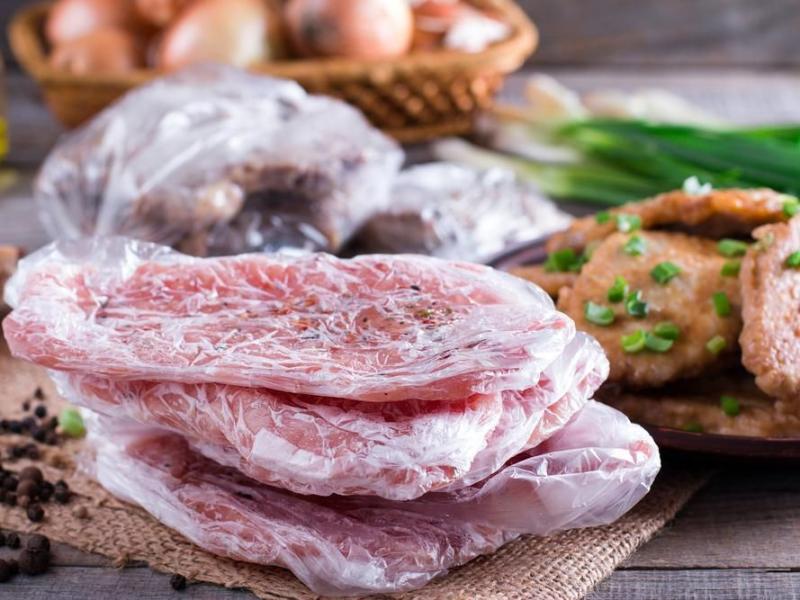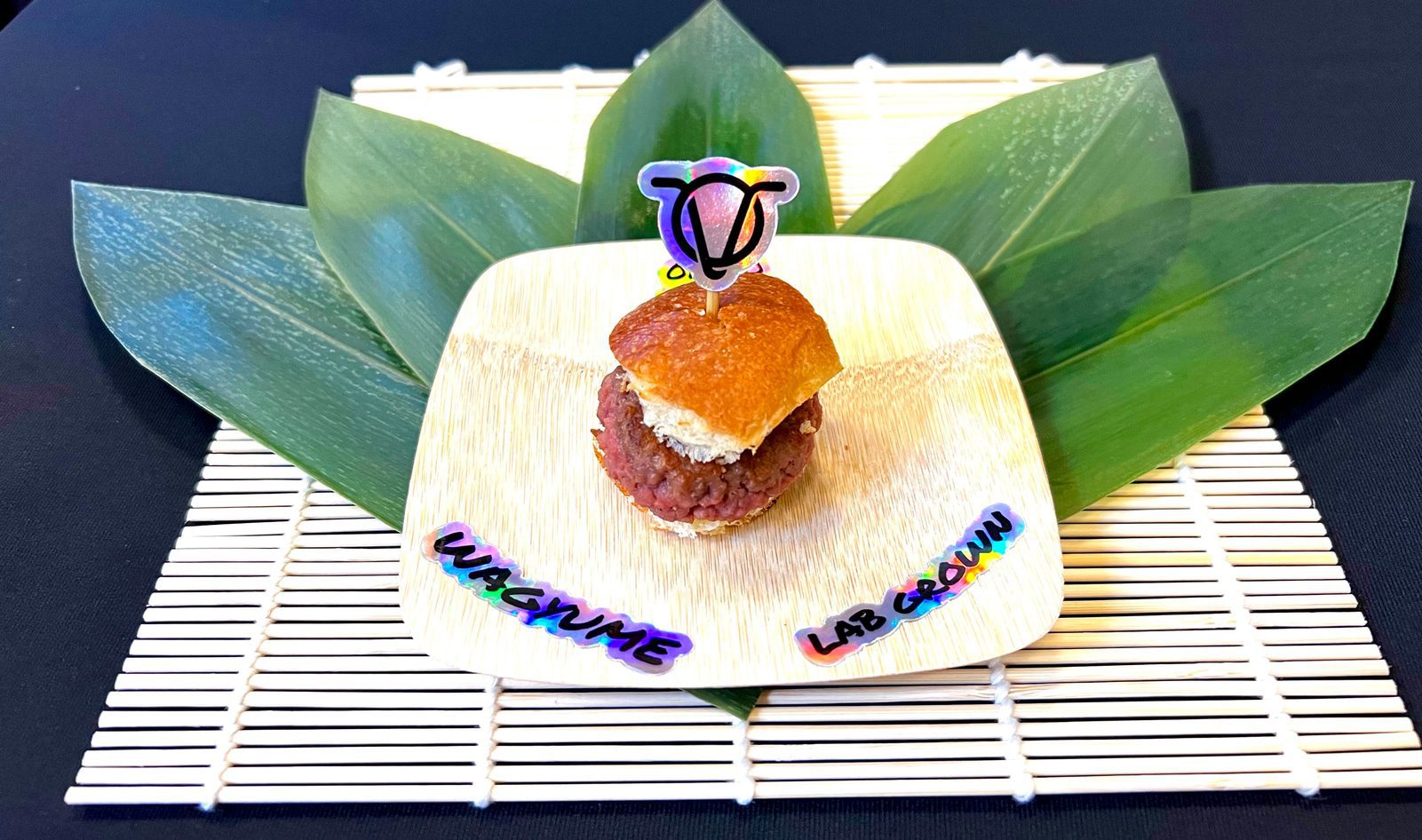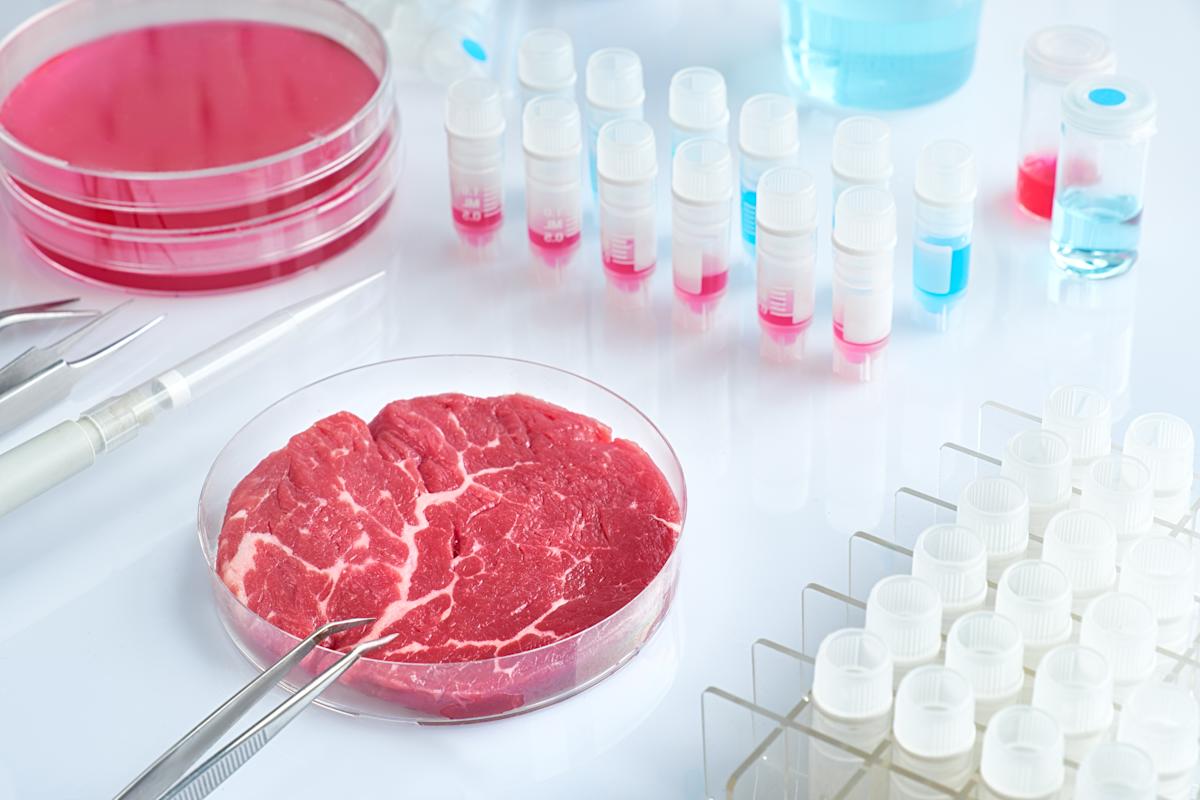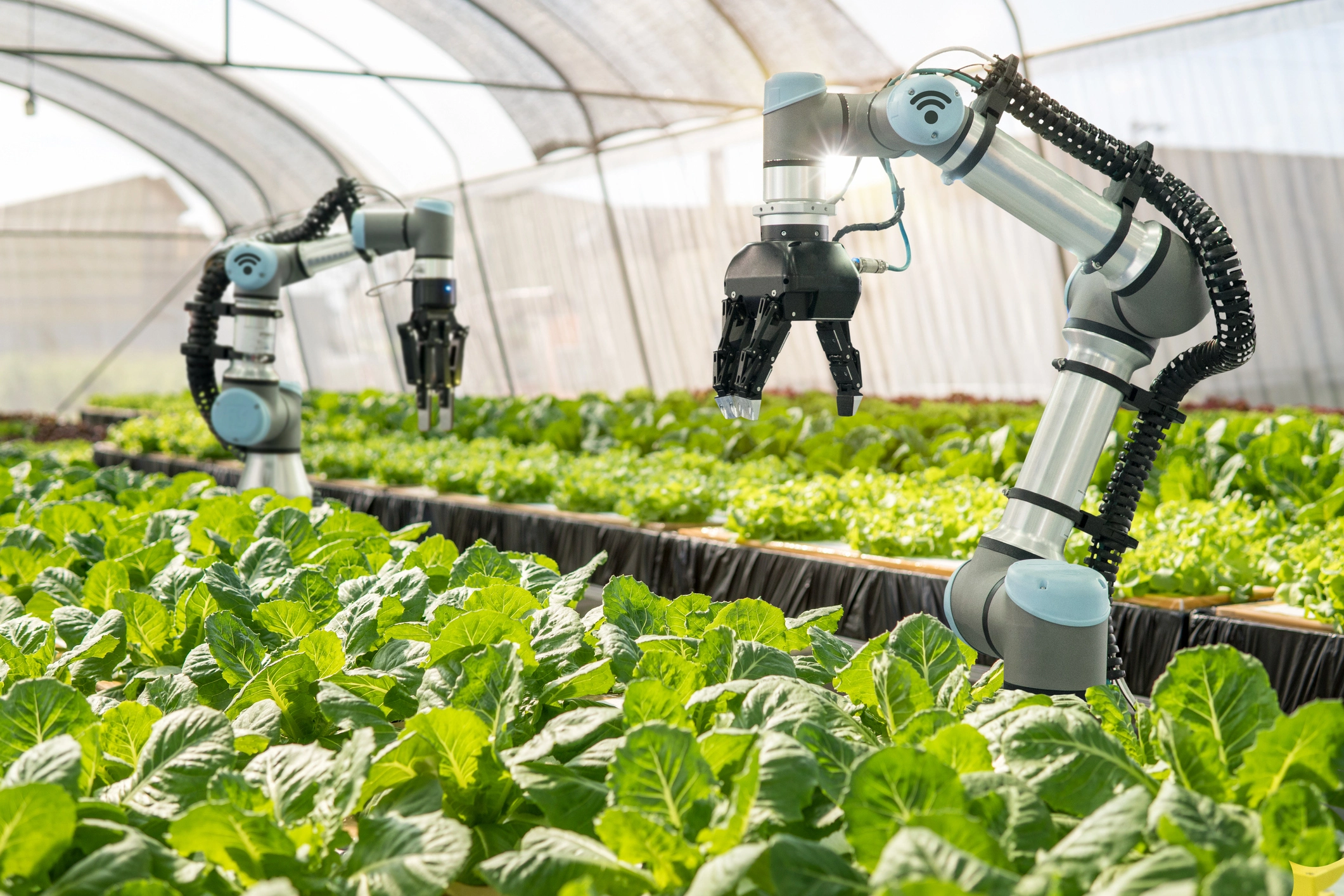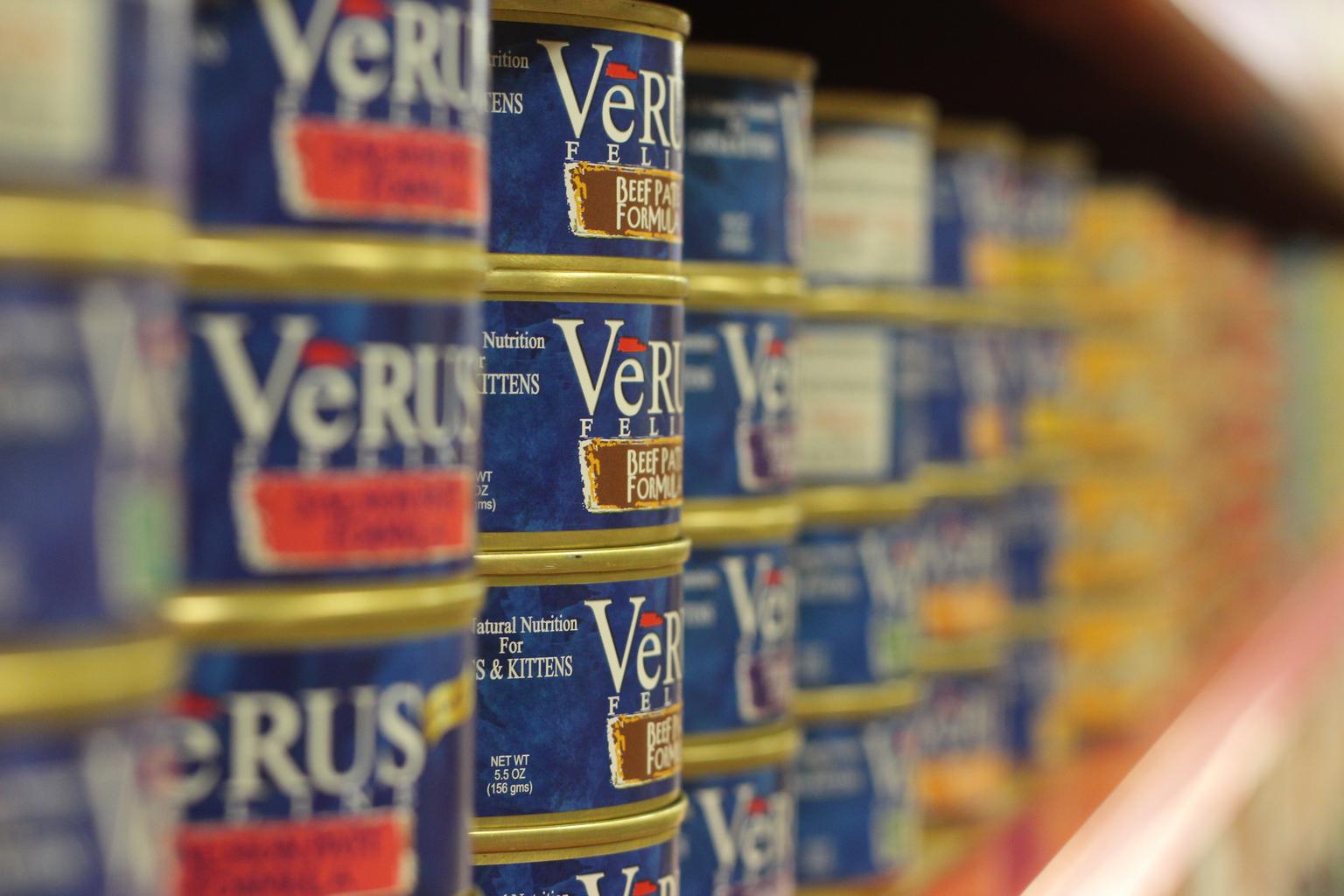By Chris Casey
Protein producers adopting bugs for use in animal feed provides a lower barrier for entry, potentially making it easier to introduce insects into consumer diets, experts say.
While the prospect of eating insects sounds unacceptable to many consumers, industry leaders see significant promise in their ability to help meet the need for a more sustainable supply chain and more protein.
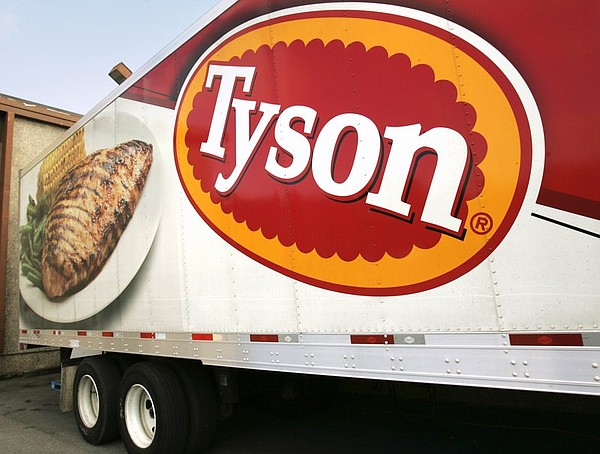
Alexandra Kazaks, PhD, RD, a member of the nutrition division at the Institute of Food Technologists, said the entry of Tyson Foods into the insect space lends it legitimacy. Last month, the meat giant announced a strategic investment with startup Protix to boost insect ingredients for use in the food supply chain, specifically for use in animal feed.
Despite Tyson not investing in insects for use in human food, Kazaks said it comes as industry players are taking the prospect of implementing bugs into the food system seriously, and scaling up production can help it meet that demand. Insect farming, she said, currently lacks the infrastructure for widespread adoption. The space can help solve costly issues, she said, including feedstock availability, disease management and environmental sustainability.
“Tyson’s interest in insect ingredients as an extension of their existing business is a clear indication of the potential this market holds,” Kazaks said.
As food and beverage companies work to overhaul their supply chains to reduce their carbon footprint over the next decade, implementing insect protein into their operations could drive down their use of resources. 8 square meters of land are needed to grow a pound of crickets, compared to 115 square meters needed for a pound of beef, producer Cricket Powder said.
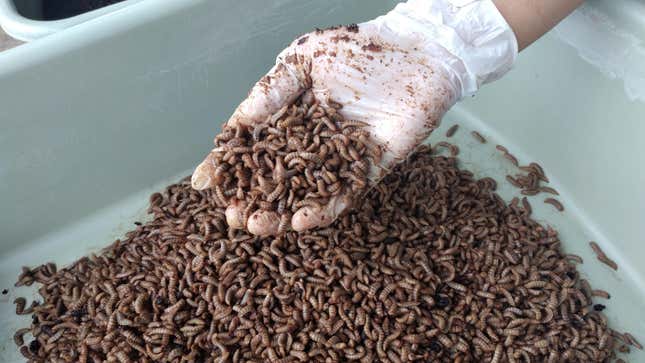
According to the IFT expert, companies starting with using insects as animal feed could provide fewer barriers for entry into the space with lower costs.
** Click here to read the full-text **





